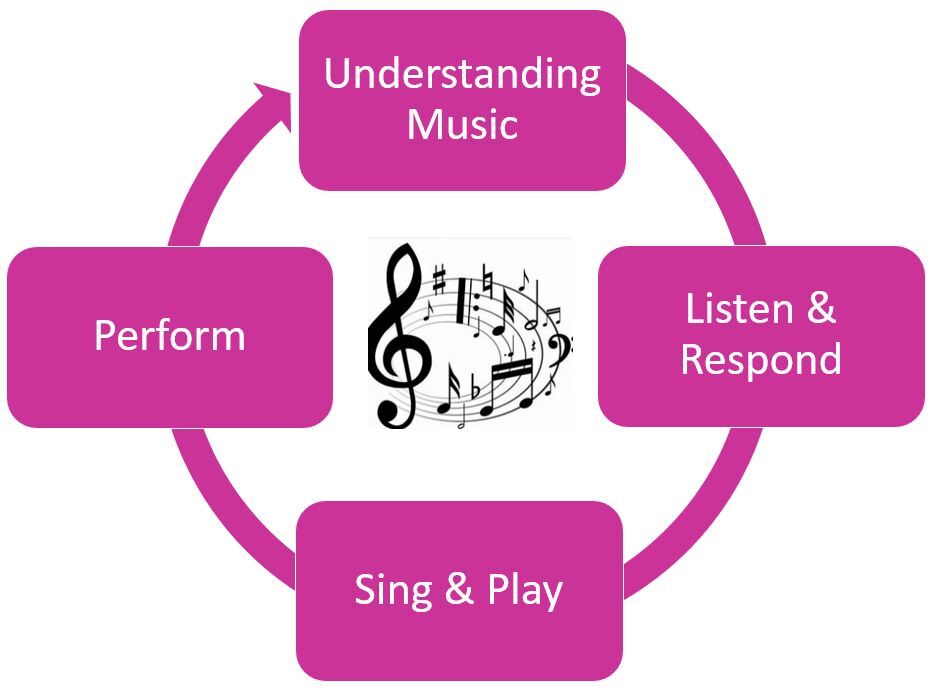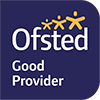Music
Filter By Subject:
Intent
· Perform, listen to, review and evaluate music
· Be taught to sing, create and compose music
· Understand and explore how music is created, produced and communicated.
Implementation
We implement this in school through a range of different strategies:
· Specialist music lessons from Artforms tutor
· Ensuring every child learns a musical instrument (ukulele in Year 4)
· Following the new model music curriculum on charanga to ensure progression
· Using a sequence of learning in each lesson as set out by the diagram.

Impact
The impact of our Music approach is:
- Children sing well in performances
- Children perform using instruments tuned and untuned
- Children have a desire to continue learning an instrument
- Children get to play in a school ensemble
- Children can talk confidently about the music they listen to and enjoy
